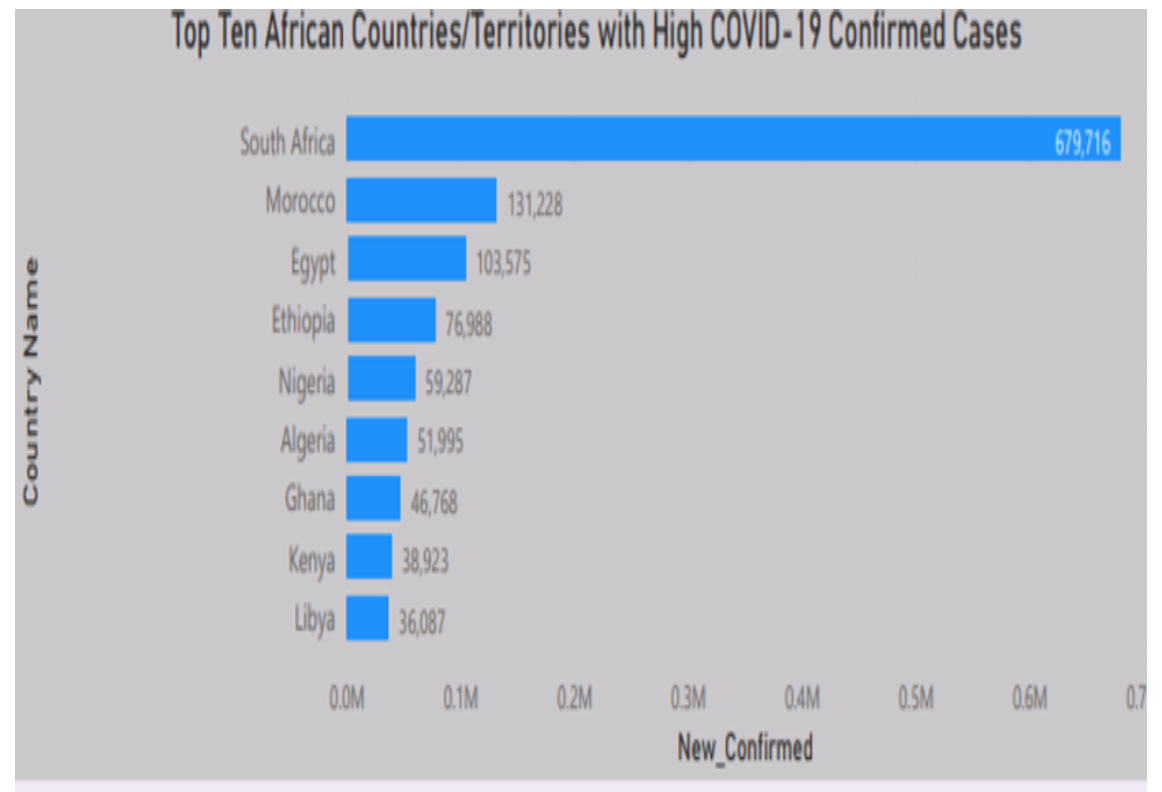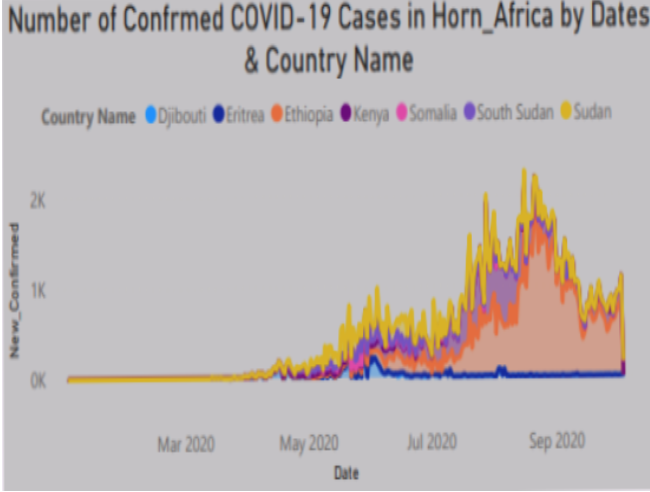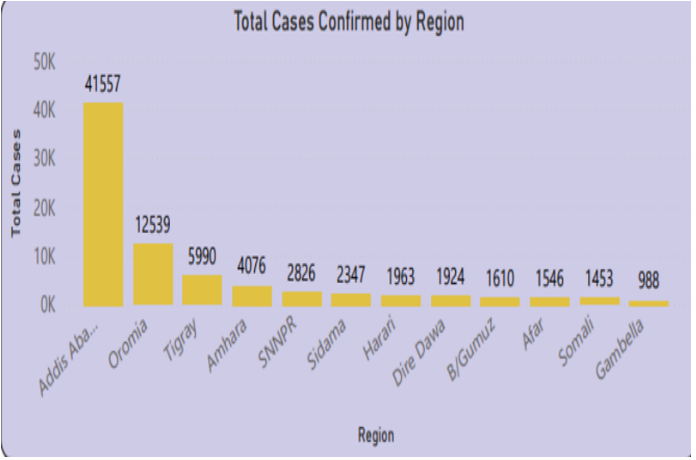
Ayele Woubshet
Junior Associate
The EPHI’s Latest COVID-19 Directive (Directive No. 30/2020)
As an institution that is mandated to protect and promote the health of the Ethiopian people, the Ethiopian Public Health Institute (EPHI) has recently issued a Directive that seeks to mitigate the  growing spread of the Novel Coronavirus. Entitled A Directive Issued for the Prevention and Control of the COVID-19 Pandemic (Directive No 30/2020), this new Directive is expected to not only have serious implications for international travelers but also for those employers, employees and customers of local businesses. As such, this legal update will be exploring Directive No 30/2020 in light of the new changes it has brought about as well as explore its legal implications for those that are conducting business in Ethiopia.
growing spread of the Novel Coronavirus. Entitled A Directive Issued for the Prevention and Control of the COVID-19 Pandemic (Directive No 30/2020), this new Directive is expected to not only have serious implications for international travelers but also for those employers, employees and customers of local businesses. As such, this legal update will be exploring Directive No 30/2020 in light of the new changes it has brought about as well as explore its legal implications for those that are conducting business in Ethiopia.
After coming into effect in October 5 2020, Directive No 30/2020 has laid down a set of new requirements for those international travelers that wish to enter the country through its international airports. Beyond requiring travelers to provide a negative RTPCR test that was conducted up to five days before arrival, the Directive also requires international travelers to quarantine at home for seven days. This is in stark contrast with the previous Directive, which not only mandated international travelers to quarantine at home for fourteen days but also required them to present a negative RTPCR test that was conducted up to three days before arriving in Ethiopia.
Despite this, there has been a recent practice of not requiring international travelers to self-isolate so long as they have a negative RTPCR test and show none of the COVID-19 related symptoms. In contacting the EPHI for clarification, a representative of the Institute has informed MLA that the policy of home isolation, as per Part 4 of Directive 30/2020, is no longer being followed by the Ethiopian government for such travelers.
 However, although Directive No 30/2020 has set a new policy for those international travelers that have tested negative for the Novel Coronavirus, the Directive has continued the policy of temporary isolation for those international travelers that display any of the symptoms associated with COVID-19. As such, regardless of their negative RTPCR test, international travelers that have a fever, headache, cough, loss of taste and smell, throat swelling, or any other related symptoms will still be taken to one of the temporary isolation centers that have been prepared by the government.
However, although Directive No 30/2020 has set a new policy for those international travelers that have tested negative for the Novel Coronavirus, the Directive has continued the policy of temporary isolation for those international travelers that display any of the symptoms associated with COVID-19. As such, regardless of their negative RTPCR test, international travelers that have a fever, headache, cough, loss of taste and smell, throat swelling, or any other related symptoms will still be taken to one of the temporary isolation centers that have been prepared by the government.
Apart from setting the standard for border health control, it is important to note that Directive No 30/2020 also goes a long way in regulating how private enterprises will be interacting with their employees as well as their customers. For example, the Directive obligates employers to not only provide precautionary materials to their employees but to also make information about COVID-19 readily available as well as ensure that employees are able to work whilst maintaining a safe distance between each other. This obligation to create a safe work environment is particularly stringent in the industry, construction and production sectors, where employers are also mandated to rearrange the workplace in a manner that will allow for physical distancing and sufficient air circulation. As such, by mandating employers to provide sanitary materials at their gates as well as ensuring that the workplace is in line with the public health guidelines of physical distancing and mask wearing, it is safe to say that Directive No 30/2020 provides a robust legal framework that accounts for the safety of employees.
Similarly, a business’s obligation to create a healthy and safe environment also affects how a particular business interacts with its customers, as they have a dual responsibility to protect both their employees and their patrons. In this light, Directive No. 30/2020 strictly prohibits the provision of services to those customers that are not maintaining a two meter distance or not wearing a mask. Moreover, businesses must ensure that sanitary materials are readily available for customers, that employees are wearing masks at all times, that anything used by customers are thoroughly disinfected, and that physical distancing guidelines are maintained by not sitting more than three customers at a single table and marking spots where customers could stand. In addition to these, it is worth noting that Directive No. 30/202 makes a clear distinction between service providers, as it mandates cinemas, galleries and theatres to ensure that their service rooms have adequate air ventilation and that their occupancy does not exceed one-fourth of their maximum occupancy capacity.
Apart from these, Directive No. 30/2020 has also established strict guidelines for those that wish to organize meetings and conferences in Ethiopia.  According to Part 5 of the Directive, meetings of up to fifty people can be held without an additional permit so long as the hall is well ventilated, attendees are able to maintain a distance of two meters between each other and the meeting does not take up more than one-fourth of the hall’s holding capacity. Furthermore, meeting organizers must prohibit participants without a face mask from entering the hall, provide sufficient sanitary material for attendees and keep a register of the attendees’ names, phone numbers and addresses for fourteen days. However, meetings with more than fifty attendees require a special permit from the Ministry of Peace as well as other peace and security structures at the regional, zonal and woreda levels.
According to Part 5 of the Directive, meetings of up to fifty people can be held without an additional permit so long as the hall is well ventilated, attendees are able to maintain a distance of two meters between each other and the meeting does not take up more than one-fourth of the hall’s holding capacity. Furthermore, meeting organizers must prohibit participants without a face mask from entering the hall, provide sufficient sanitary material for attendees and keep a register of the attendees’ names, phone numbers and addresses for fourteen days. However, meetings with more than fifty attendees require a special permit from the Ministry of Peace as well as other peace and security structures at the regional, zonal and woreda levels.
All in all, the directives found in Directive No. 30/2020 have significant implications for local businesses as well as those international travelers that wish to do business in Ethiopia. Given its new quarantine policy for international travelers, its policy for meeting venues as well as its clear workplace guidelines for employers, employees and customers, the EPHI’s new Directive provides a robust legal framework for businesses to operate whilst mitigating the spread of COVID-19.

